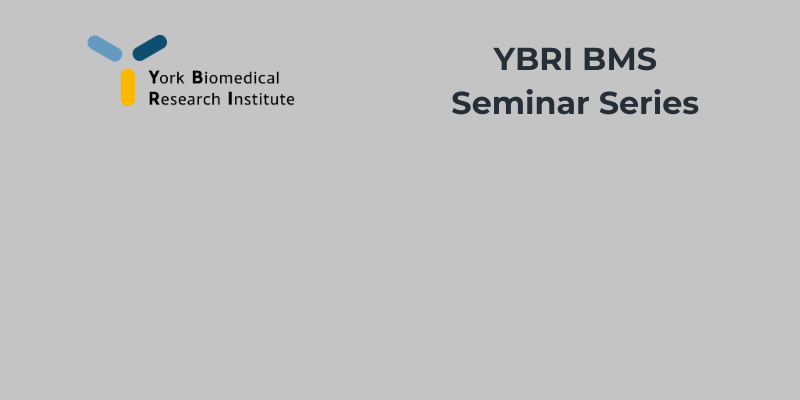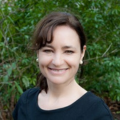
Using functional anatomical models of Naming, Reading and Speech to increase our understanding of recovery from aphasia after stroke Professor Cathy Price (UCL) presents her work on how the brain supports language processing - including speech processing, reading and object naming in the neurotypical brain and language recovery after stroke. Hosted by Professor Beth Jefferies.
Event details
Abstract
This talk will start with a summary of the functional anatomy of speech processing, reading and object naming in the neurotypical brain; including illustrations of the brain regions that are activated during auditory speech processing, motor control of speech output and sensory to motor mapping that is independent of stimulus and response. The second part of the talk will discuss the loss and recovery of function after damage to language regions; and consider why recovery can be very quick after damage to left subcortical regions and Broca’s area but much more challenging after damage to left posterior temporal regions. Finally, I will introduce a new method, that uses knowledge of the language system to generate accurate, personalized, explainable predictions for language recovery after stroke; with discussion of the directions we need to take to ensure clinically useful prognoses for aphasic stroke survivors in the future.
About the speaker
